Ramadan, the sultan of 11 months, is a special month for Muslims. I have already told you about the benefits of fasting, and in this article I want to inform you about proper nutrition in Ramadan, that is, food that will not harm us during imsak (sahur)[3] and iftar.
Eating at Imsak
First of all, it should be taken into account that the summer fast is both longer and coincides with the warmer weather. Therefore, it is necessary to get up for imsak. It is important to avoid fried, spicy and salty foods in the morning, to eat wholemeal bread because wholemeal bread is digested 4 times later than white bread, which is useful for long-term hunger. Because white bread is absorbed quickly, blood sugar levels rise and fall quickly after eating. Boiled eggs should be preferred, as the protein in them protects the energy balance of the body. A piece of meat boiled in water is also useful in this regard. It is also useful to eat 3-4 dates, which contain carbohydrates, protein and a small amount of fat.
Pour a tablespoon of hibiscus flowers into 3 cups of water, add 2 sticks of cinnamon, 2 chopped apples, 2 tablespoons of honey or granulated sugar and boil on low heat for 5 minutes, and then put in the refrigerator for imsak. This drink is both delicious and an excellent way to prevent thirst.
Pasta made from wholemeal flour, local[4] rice, unsalted cheese, cream and sour cream are useful to eat. Oatmeal or muesli cooked in milk will keep you full for a long time. Drink plenty of water and tea with anise and chamomile to avoid flatulence. Tea infused with lemon or hibiscus is also a good way to prevent thirst.
Eating at Iftar
Iftar should be divided into 2 parts. The stomach should not suddenly be overloaded because during hunger the metabolism weakens, and the intake of too much food can cause constipation, cramps and constipation. Start your meal with water, and then soups; try to have plenty of seasonal vegetables on your table, as well as yogurt, buttermilk, salad, and greens. Those who have heartburn should replace yogurt with kefir. Take a break after eating soup.
After that, you can eat energetic foods; but still do not use white bread. Eat fibrous foods, fruits and dried fruits. To prevent flatulence, constipation and cramps after eating, you can infuse and drink green tea, mint, ginger, sage, hibiscus, cinnamon, cardamom, anise and cloves separately or mixed altogether.
It is important to eat well every day during Ramadan because you must fast again tomorrow. May Allah accept all the fasts!

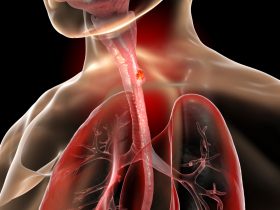
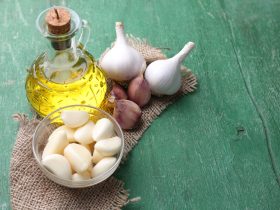
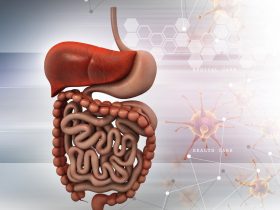
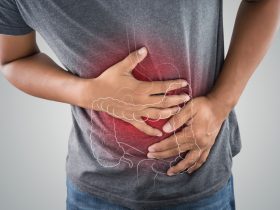

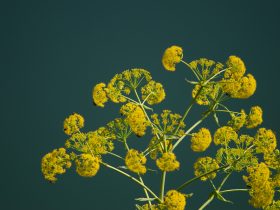
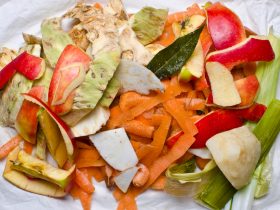
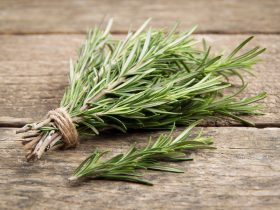

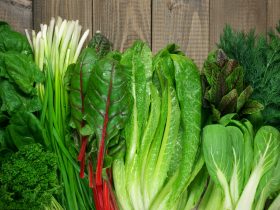
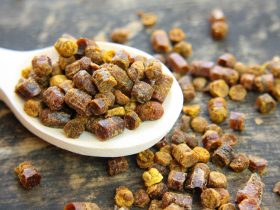

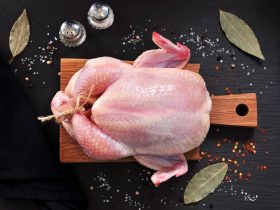
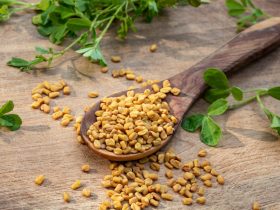
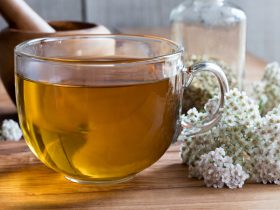

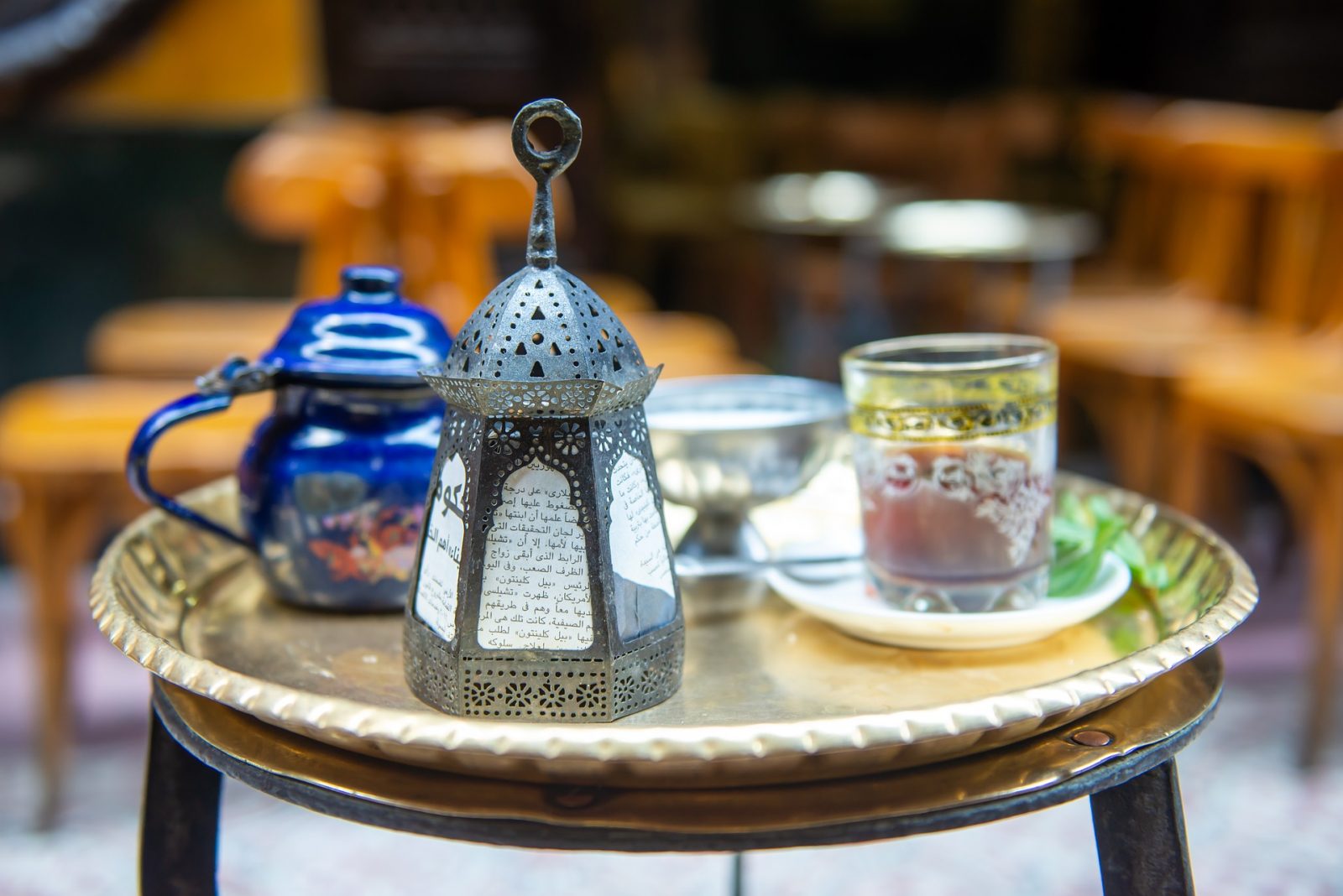
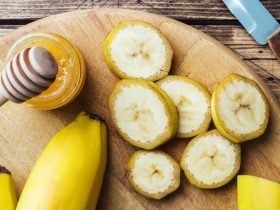
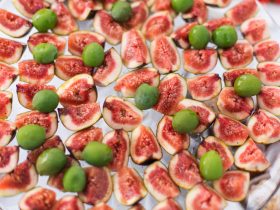
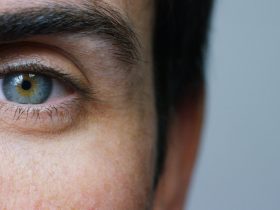
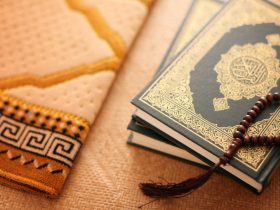
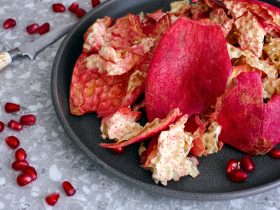
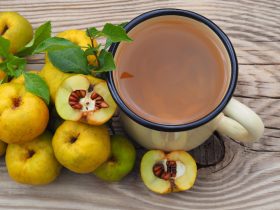
Cavab yaz